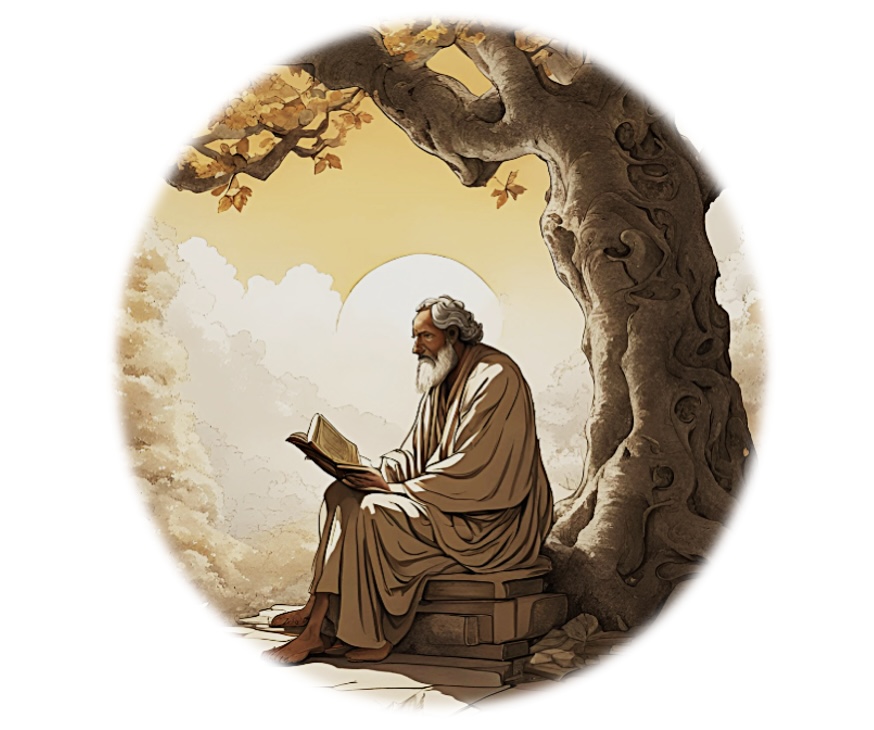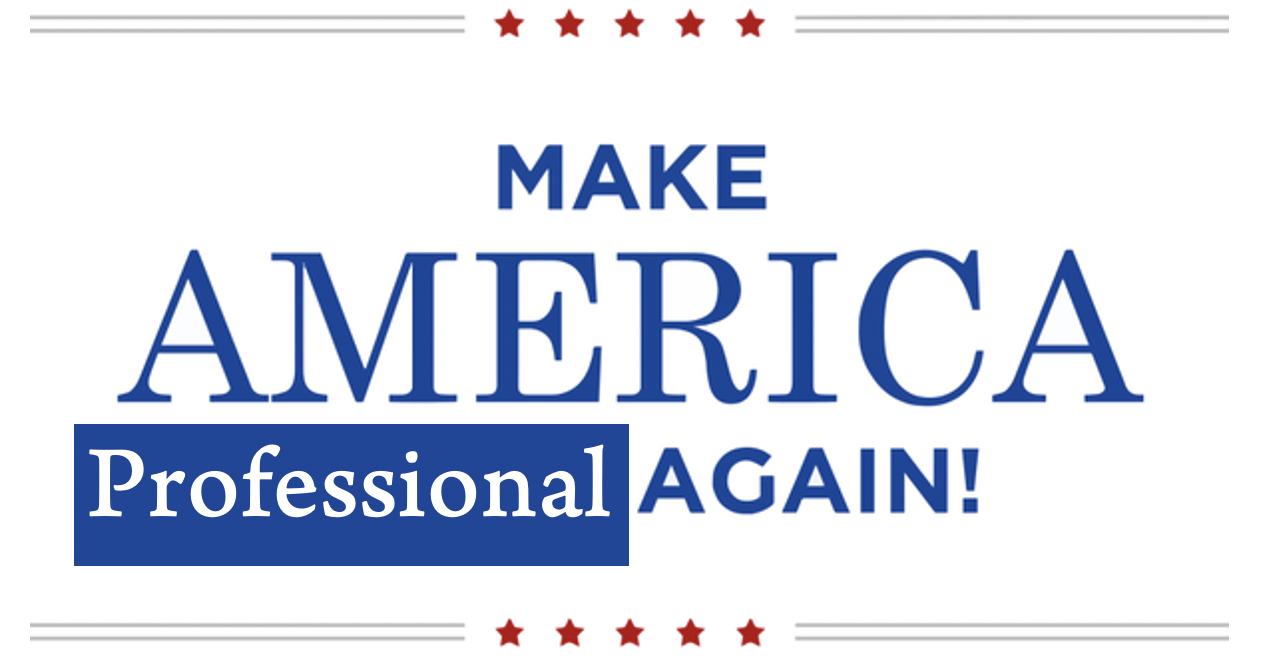It is easy to become anxious as political chaos churns. The present turmoil can cause us to lose sight of basic truths. But enduring values provide shelter from the storm.
The pursuit of wisdom offers tranquility in tumultuous times. Philosophy and religion are essential these days. Solace can be found in a wide variety of what I call (allong with my co-author Doug Soccio), “Archetypes of Wisdom.”
One useful source is Stoicism. Seneca explains: “It is only philosophy that makes the mind invincible, and places us out of the reach of fortune… This it is that reclaims the rage of our lusts, and sweetens the anxiety of our fears.”
The present moment is a time of misfortune, rage, and anxiety. Headlines blare with crises and scandals. Constitutional guardrails are breached, as a servile Congress plays patty-cake with its rubber stamps. Bizarre ideas are broadcast from the White House. Every day brings some new outrage.
The chaos of the present appears to be strategic. Trumpism has been described by The Guardian as a “chaos machine.” The chaotic strategy was explained by Steve Bannon as “flooding the zone with shit.” Bannon more recently said that every day of the new Trump regime should be a “day of thunder.” Keeping people in a defensive and reactive posture prevents organized response.
Anxiety is an impediment to wisdom. Careful, deliberate thought supplies a source of calm in the blizzard of bullshit. For some it may help to have the anchor of faith. But nonreligious people can find serenity in philosophy, even as the tempest rages.
Pope Francis offered a recent bit of serene sagacity. In a letter to American bishops he repudiates a narrow and mean-spirited approach to immigration. Francis insists that the essence of Christianity is universal love: “Jesus Christ, loving everyone with a universal love, educates us in the permanent recognition of the dignity of every human being, without exception.”
The Pope appears to be replying to Vice President J.D. Vance’s defense of Trumpian deportations. Vance had invoked the Catholic concept of ordo amoris (the ordering of love) to defend his “America First” ideology. Vance explained, “You love your family and then you love your neighbor, and then you love your community, and then you love your fellow citizens in your own country, and then after that, you can focus [on] and prioritize the rest of the world.”
The Pope rebutted Vance, explaining, “Christian love is not a concentric expansion of interests that little by little extend to other persons and groups… The true ordo amoris that must be promoted is that which we discover by meditating constantly on the parable of the “Good Samaritan” (cf. Lk 10:25-37), that is, by meditating on the love that builds a fraternity open to all, without exception.”
Much more could be said about Christian love and the parable of the Good Samaritan (I’ve discussed some of this here and here). But what I want to emphasize is the temperate, transcendental tone of the Pope’s remarks—and the importance of this philosophical debate about love and dignity.
Philosophy and religion look beyond the squabbles of the present moment. In speaking of the “infinite and transcendent dignity” of the human person, the Pope invokes a set of values that rises above the petty disputes of the day. The Pope’s cosmopolitan ethic transcends national borders and political parties. His focus is on fundamental claims about universal human rights.
Pope Francis also rebukes political power. In his letter, he says, “What is built on the basis of force, and not on the truth about the equal dignity of every human being, begins badly and will end badly.” He explains that it is a distortion of genuine social life to focus on “the will of the strongest as the criterion of truth.”
These ideas are not unique to Francis or Catholicism. Plato also rejected the idea that power was the criterion of truth and justice. And the call for love of the neighbor and respect for human dignity can be found in other religious traditions, and in the secular notion of human rights. Eleanor Roosevelt tied these ideas together, saying, “We can establish no real trust between nations until we acknowledge the power of love above all other power.”
Let’s conclude with a call to seek insight in religion, philosophy, and the great archetypes of wisdom. The antidote to chaos is wisdom that transcends the moment. When the zone is flooded with shit, we rise above by remembering that true and good things endure. We should love our neighbors and strive to be just. The bullshit of the powerful, and the thunder of the loudmouths can be overwhelming. But when the storm is over, wisdom, truth, and justice will remain.




